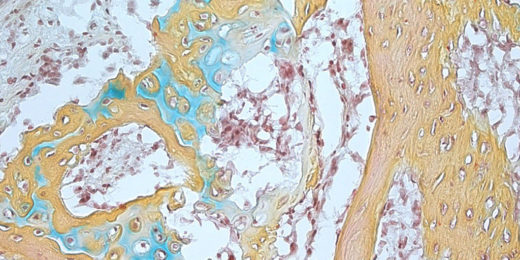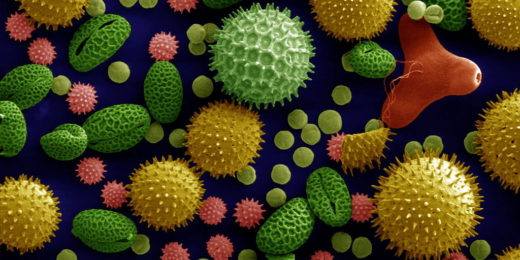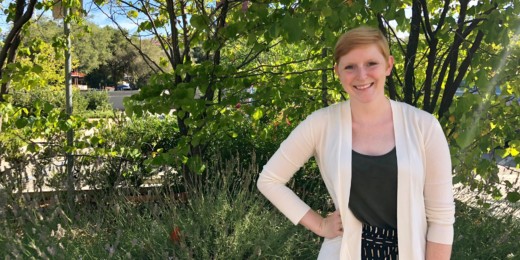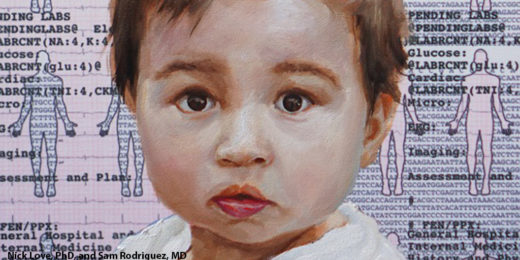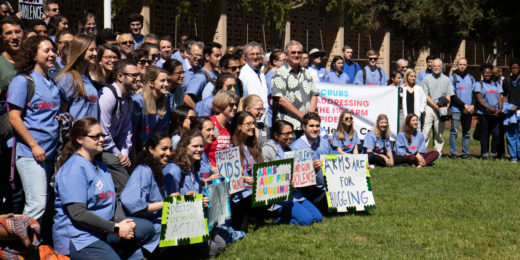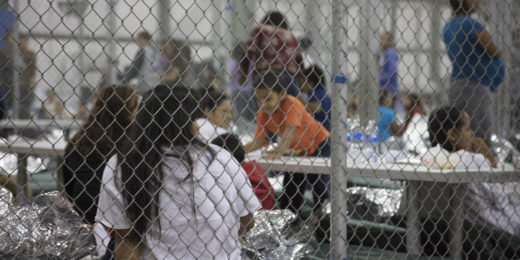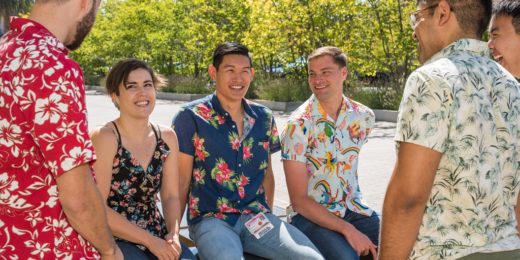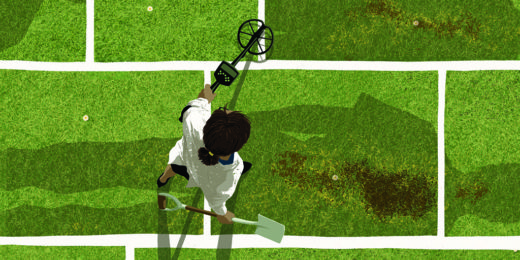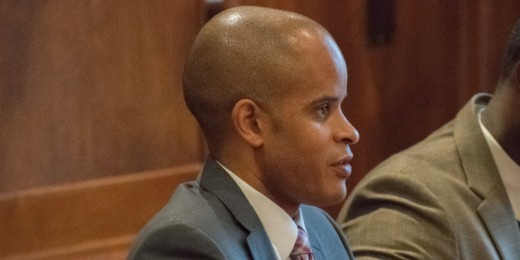A study led by a Stanford Business researcher at four schools in Panama explores the best way to persuade kids to drink more water.
Month: September 2018
Human skeletal stem cell can generate cartilage, bone
Discovery of the human skeletal stem cell opens the way to regenerate cartilage and bone to repair damaged tissues, say Stanford scientists.
The “exposome” revealed: a barrage of bacteria, chemicals, microscopic animals and more
Scientists have measured the human “exposome,” or the particulates, chemicals, and microbes that individually swarm us all, in unprecedented detail.
Stars of Stanford Medicine: Genetic counseling and compassion
In this Stars of Stanford Medicine Q&A, Kim Kinnear shares her perspective as a graduate student in genetic counseling.
Stealth vaping fad hidden from parents, teachers
Stealth vaping fad fueled by JUUL, the most popular of the electronic cigarette devices, hooks teens on nicotine while hiding it from parents, teachers.
How AI can improve end-of-life care
Stanford pilot program marries technology and compassion, artificial intelligence and palliative care, so doctors can help patients die on their own terms.
My relative has cancer, should I worry? Encouraging cascade genetic testing
Online outreach and low-cost testing can encourage relatives of cancer patients to assess their own cancer risk through 'cascade' testing.
Medicine is a team sport – and that’s exactly how it should be
In this piece Stanford medical student Nathaniel Fleming describes the teamwork involved in becoming a physician.
Journal editor aims to prompt thoughtful review of ethics in precision health
Stanford medical student Jason Neil Batten edits an ethics in precision health journal issue for the American Medical Association's Journal of Ethics.
Doctors and students rally to support gun violence research, education
More than 300 doctors, residents and medical students gathered on the Stanford Medicine campus to support reducing firearms violence in the United States.
Global Climate Action Summit: A focus on kids and climate
At the Global Climate Action Summit recently, Stanford researchers emphasized the importance of the effects of climate change on children's health.
A roadmap for the future of electronic health records
A new white paper from Stanford Medicine details obstacles and offers solutions for achieving the full potential of electronic health records.
A look inside the child detention centers near the U.S. border
Nearly 500 children remain inside detention centers along the U.S.-Mexico border separated from their parents in the custody of the U.S. government.
Physician or physician-scientist — a new curriculum at the School of Medicine trains both
Stanford medical students often opt for research, and a new curriculum presents a more flexible and financially enticing way for them to do so.
How researchers are working to render disease obsolete
PHIND scientists discuss how to stop disease in its track, aiming for earlier diagnostics and more precise medical treatments.
Looking to the future of graduate biomedical education
Kenneth Gibbs, Jr., is using his graduate degree in immunology to improve graduate education nationally — he shares more in this Q&A.



